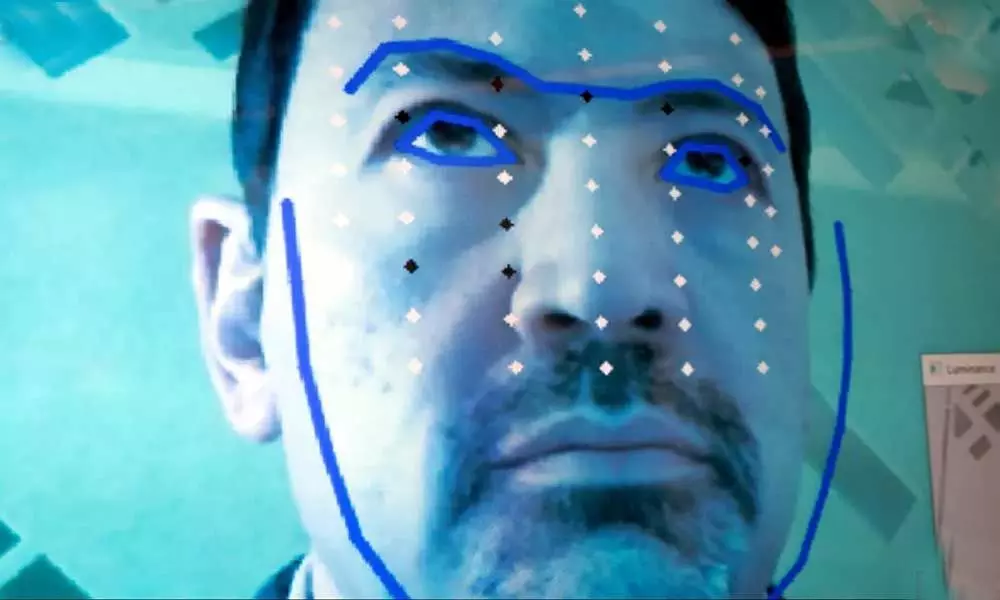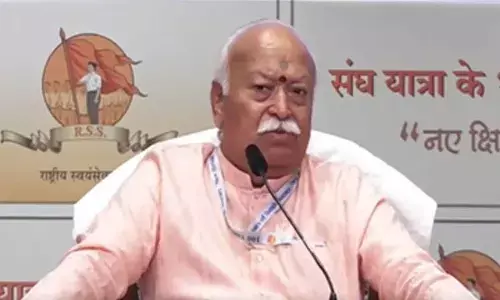CES 2020: Bosch Unveils AI-Powered LCD Sun Visor

Bosch is calling it the Virtual Visor, and it’s making its debut at CES 2020 in Las Vegas.
Vehicles are getting more advanced day by day. But more than nine decades the sun visor has remained unchanged. It is a problematic feature that can obscure a driver's view during dusk and dawn.
Three Bosch engineers have come up with a camera and facial recognition and detection software by using a liquid crystal display, or LCD to get rid of this problem. Bosch is calling it the Virtual Visor, and it's making its debut at CES 2020 in Las Vegas. The Virtual Visor honoured as a Best of Innovation in the CES 2020 Innovation Awards.
The visor links an LCD panel with a camera that tracks the sun's casted shadow on the driver's face. The system uses facial recognition, and detection finds the driver within the image captured by the camera and to determine landmarks on the face to identify shadow. Algorithms analyse the driver's view and darken only the part of the display where the light strikes the driver's eyes. The remaining display is left transparent, which allows the driver to see the road.
Jason Zink, a technical expert for Bosch in North America and one of the co-creators of the Virtual Visor, told by using a liquid crystal display instead of a traditional visor it allowed us to make the screen either transparent or opaque at different parts across the device.
"We discovered early in the development that users adjust their traditional sun visors always to cast a shadow on their own eyes," Zink said. "This realisation was profound in helping simplify the product concept and fuel the design of the technology."
The visor isn't headed for vehicles yet, but Zink said Bosch is in discussions with OEMs from the commercial and passenger vehicles markets.
Zink further added, "We have every intention of making this a real product. For most drivers around the world, the visor component as we know it is not enough to avoid hazardous sun glare, especially at dawn and dusk when the sun can greatly decrease drivers' vision," said Dr Steffen Berns, president of Bosch Car Multimedia. "Some of the simplest innovations make the greatest impact, and Virtual Visor changes the way drivers see the road."














